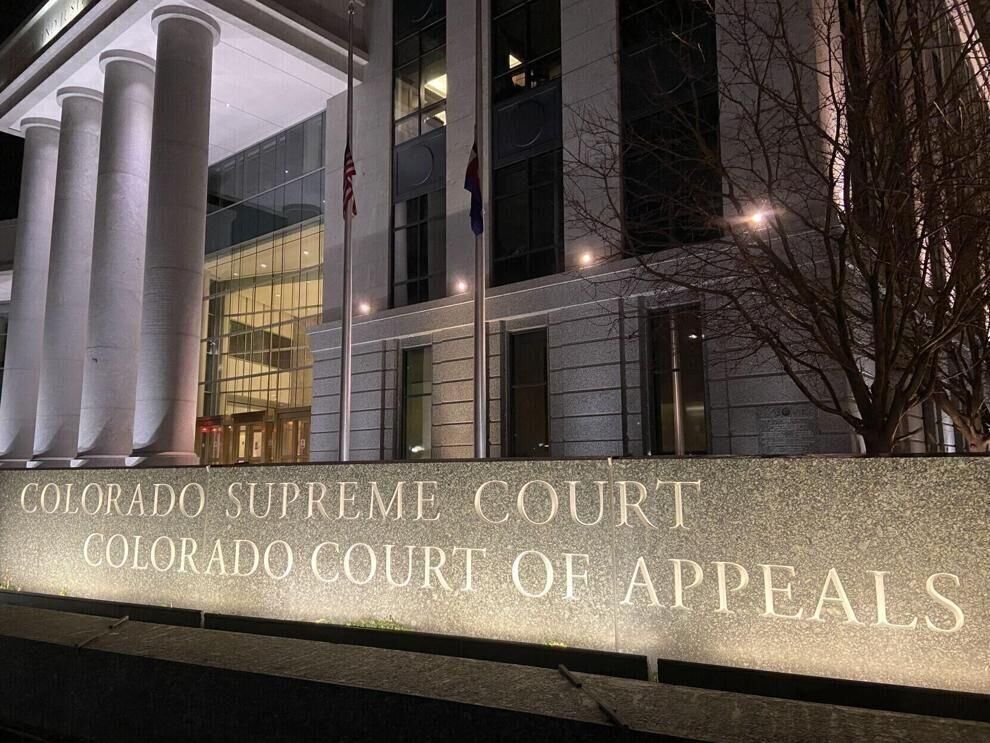Appeals court blocks Aurora’s attempt to ‘double dip’ in state, local cigarette tax money

Colorado’s second-highest court on Thursday decided state lawmakers intended to continue prohibiting local governments from receiving their share of centrally-collected cigarette tax revenue if they enact their own sales taxes on cigarettes.
A three-judge panel for the Court of Appeals agreed a 2019 law designed to give localities more control over nicotine products nevertheless blocked cities, counties and towns from “double dipping” in both state and local tax money. While the original legislation did not contain such a prohibition, it was apparent lawmakers changed their minds by the time House Bill 19-1033 made it to the governor’s desk.
“This legislative history clearly establishes that the General Assembly intended to render all taxes on cigarettes … disqualifying,” wrote Judge Robert D. Hawthorne in the panel’s Feb. 16 opinion.
The appeal came from the city of Aurora, which revived its taxation of cigarette sales in the wake of HB 1033. But the Colorado Department of Revenue believed Aurora would become ineligible to collect its portion of state revenue from the “share back” program if it began taxing cigarettes locally. Aurora then sued the state, alleging it stood to lose $600,000 annually under the department’s interpretation.
The share back program dates to 1973, when the General Assembly sought to introduce uniformity across the state in cigarette tax collections. For several decades afterward, local governments were entitled to 27% of total cigarette tax revenue, to be split among jurisdictions, as long as they did not impose “fees, licenses, or taxes on any person as a condition for engaging in the business of selling cigarettes.”
With HB 1033, the legislature sought to give local governments a greater ability to regulate and tax nicotine products. Originally, the bill struck the limitation on localities’ imposition of fees, licenses or taxes, enabling them to participate in the share back program even if they enacted such policies.
However, during the debate in the Senate, lawmakers opted to keep the prohibition.
“Any municipality or county that actually raises taxes on cigarettes will lose their share back from the state,” said Sen. Jeff Bridges, D-Greenwood Village, who offered the amendment. “It’s a form of double dipping.”
One of the bill’s sponsors, Sen. Rhonda Fields, D-Aurora, vehemently opposed maintaining the limitation.
“Not all counties are funded equally and to ask the county to forfeit that share back is reckless,” she said.
Following the law’s enactment, Aurora’s city council voted to impose a cigarette sales tax. Although Aurora had an occupation tax on cigarette vendors prior to 1973, the city repealed it when the share back program came into being.
Once the Department of Revenue indicated Aurora’s new tax would render it ineligible for continued share back payments, Aurora sued. Prohibiting taxes “as a condition for engaging in the business of selling cigarettes” meant business-specific occupation taxes, not sales taxes, the city argued.
But Denver District Court Judge Alex C. Myers disagreed, ruling that the legislature could have specified an occupation tax was the sole type of tax it meant to prohibit. But the law did not contain any such language.
Aurora appealed Myers’ decision, reiterating that its sales tax was not, in the words of HB 1033, a “condition for engaging in the business” of cigarette sales.
“A sales tax is a tax on the consumer. It is not a tax on the business,” attorney Hanosky Hernandez argued to the Court of Appeals panel in December.
“I would say the more recent legislative history looks like they intended to say, ‘Well if you’re gonna impose a sales tax, then you can’t also share in our sales tax’,” countered Judge Elizabeth L. Harris.
The panel concluded the language as written was ambiguous, but given what happened as HB 1033 made its way through the legislature, the state’s interpretation was correct.
“In sum, the proposed 2019 amendments went from allowing local governments to impose fees, licenses, and taxes on cigarettes, to allowing them to impose only fees and licenses,” wrote Hawthorne, a retired judge who sat on the panel at the chief justice’s assignment.
He added that “all taxes on cigarettes, not just occupation taxes,” were disqualifying from the share back program.
The city of Aurora did not immediately offer a comment on the panel’s decision.
The case is City of Aurora v. Colorado Department of Revenue.












